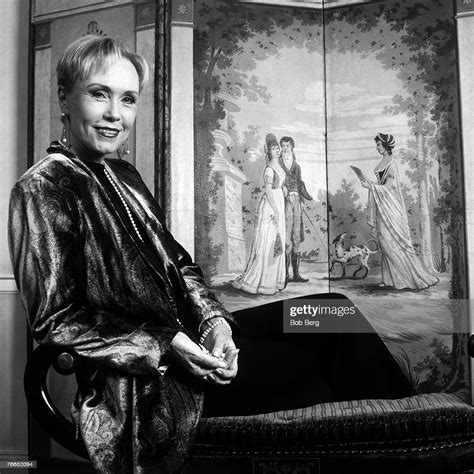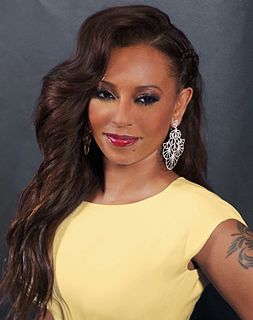A Quote by Vladimir Putin
I do not want to answer provocative question.
Quote Topics
Related Quotes
To be a scientist you have to be willing to live with uncertainty for a long time. Research scientists begin with a question and they take a decade or two to find an answer. Then the answer they get may not even answer the question they thought it would. You have to have a supple enough mind to be open to the possibility that the answer sometimes precedes the question itself.
Do women dress for men or women? I’ve always wondered why that eternally provocative question is put in terms of approval - as if the heart of the matter, the answer, were indeed a question of approval by either sex. But the question is never satisfactorily answered because it is incorrectly posed. It’s disapproval, the fear of it, that motivates most women, and with disapproval it doesn’t matter where it comes from.
We can each sit and wait to die, from the very day of our births. Those of us who do not do so, choose to ask - and to answer - the two questions that define every conscious creature: What do I want? and What will I do to get it? Which are, finally, only one question: What is my will? Caine teaches us that the answer is always found within our own experience; our lives provide the structure of the question, and a properly phrased question contains its own answer.
A dialogue is very important. It is a form of communication in which question and answer continue till a question is left without an answer. Thus the question is suspended between the two persons involved in this answer and question. It is like a bud with untouched blossoms . . . If the question is left totally untouched by thought, it then has its own answer because the questioner and answerer, as persons, have disappeared. This is a form of dialogue in which investigation reaches a certain point of intensity and depth, which then has a quality that thought can never reach.
In the Marquette Lecture volume, I focus on the question in the title. I emphasize the social and political costs of being a Christian in the earliest centuries, and contend that many attempts to answer the question are banal. I don't attempt a full answer myself, but urge that scholars should take the question more seriously.
What was the question? ...Oh. Where do I get my crazy ideas? Answer: sleep-fairy, walk-fairy, shower-fairy. Book-fairy. And in these last few years, from my wife. Now when I have questions I ask her and she tells me the answer. If you haven't already, I'd suggest you want to find your soulmate, as soon as you can. Next question?

































